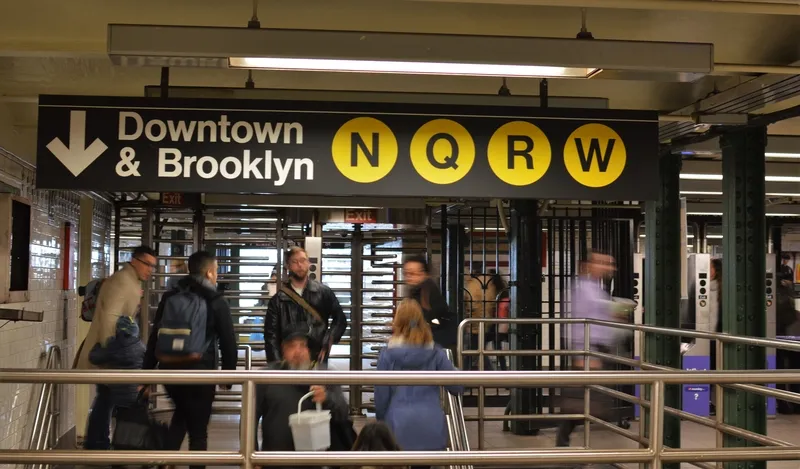Metropolitan EAD, the metro operator in Sofia, Bulgaria, has commissioned a consortium of Siemens and the Polish train manufacturer Newag to equip the new metro line 3 in the city, which will create an 18 kilometre east-west link that will serve 18 stations.
The order, valued at around US$158 million (EUR140 million), comprises the delivery of 20 Inspiro type metro trains and the Trainguard MT automatic train protection system, using wireless CBTC technology (communications-based train control) to provid
March 30, 2016
Read time: 2 mins
Metropolitan EAD, the metro operator in Sofia, Bulgaria, has commissioned a consortium of 189 Siemens and the Polish train manufacturer Newag to equip the new metro line 3 in the city, which will create an 18 kilometre east-west link that will serve 18 stations.
The order, valued at around US$158 million (EUR140 million), comprises the delivery of 20 Inspiro type metro trains and the Trainguard MT automatic train protection system, using wireless CBTC technology (communications-based train control) to provide automatic operation. An option for ten more trains and the related automation system is also part of the contract. The line is planned to be put into operation in 2019.
The consortium will provide the automatic, CBTC-based train control system (onboard and wayside), Trackguard interlocking, automatic Controlguide OCS train supervision system, voice radio and data transmission system, Supervisory Control and Data Acquisition (Scada) system, wayside digital communication network and half-height platform screen doors for the stations.
"Sofia marks another European capital that has decided in favour of mass transit vehicles and train automation equipment from Siemens. The inner-city transportation services in particular have to cater to ever-increasing demand. For this purpose, we have developed a rolling stock and trackside equipment that combine high transport capacities with low operating costs," said Jochen Eickholt, CEO of Siemens Mobility Division.
The order, valued at around US$158 million (EUR140 million), comprises the delivery of 20 Inspiro type metro trains and the Trainguard MT automatic train protection system, using wireless CBTC technology (communications-based train control) to provide automatic operation. An option for ten more trains and the related automation system is also part of the contract. The line is planned to be put into operation in 2019.
The consortium will provide the automatic, CBTC-based train control system (onboard and wayside), Trackguard interlocking, automatic Controlguide OCS train supervision system, voice radio and data transmission system, Supervisory Control and Data Acquisition (Scada) system, wayside digital communication network and half-height platform screen doors for the stations.
"Sofia marks another European capital that has decided in favour of mass transit vehicles and train automation equipment from Siemens. The inner-city transportation services in particular have to cater to ever-increasing demand. For this purpose, we have developed a rolling stock and trackside equipment that combine high transport capacities with low operating costs," said Jochen Eickholt, CEO of Siemens Mobility Division.









